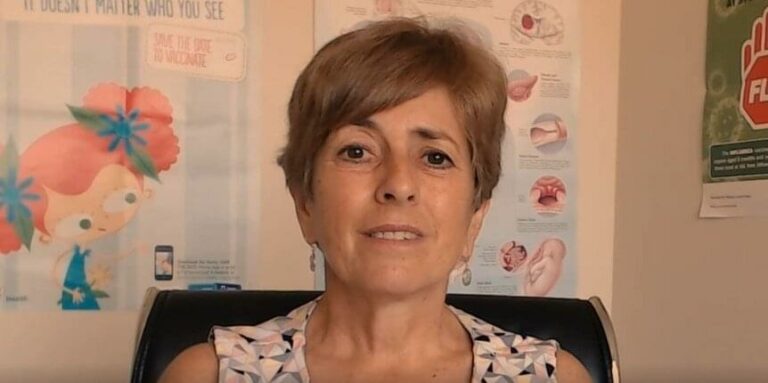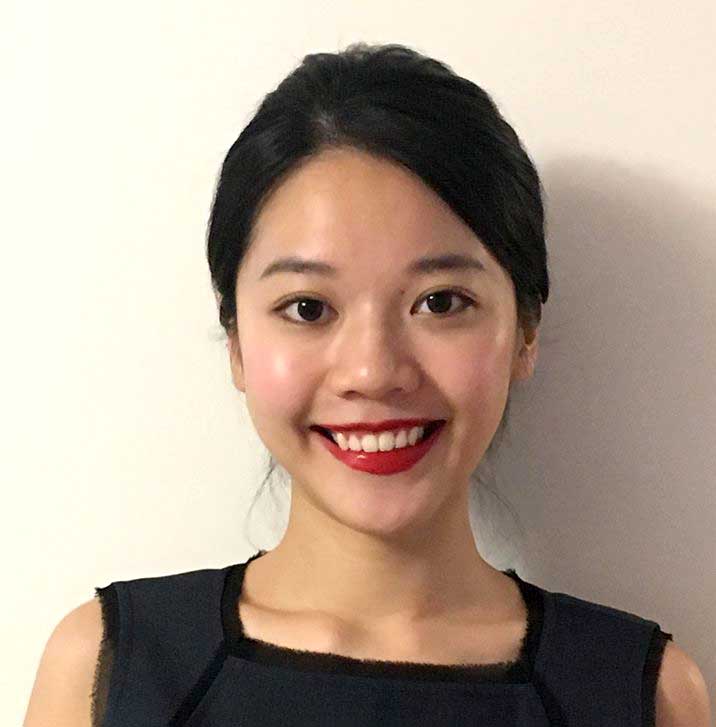
Jennifer Taylor – Headache presentation
Jennifer Taylor – 35 year old female Jenny has presented today at your clinic with a severe headache. You have to conduct a focused clinical
Our mission is to ensure the highest standards of medical care for doctors, both present and future.
Medical error is thought to be the third leading cause of death in the United States*. Alongside this alarming statistic, doctors are expected to absorb around 200 times the amount of data and facts than the average human can process.^
To address this problem, both current and future doctors must be able to continually practice their skills, in a manner that is standardised and consistent.
And that’s where MEKSI comes in.
MEKSI stands for Medical Knowledge Simulator. It creates Virtual Standardised Patients (VSPs) using artificial intelligence, which allows health professionals to safely practice their patient consultation skills.
It issues the user with a comprehensive scorecard, helping students prepare for medical exams, and enabling qualified doctors to safely and independently improve consultation skills.
MEKSI also provides objective assessment data about the user’s competence, making it an ideal workplace assessment tool, university administration tool, and for ongoing professional development.
* Johns Hopkins University School of Medicine, 2016.
^ IBM Watson Health
MEKSI facilitates consistent, high-quality medical training, enabling health professionals to maintain their consultation skills using AI technology.

MEKSI has been built on a propositional theory. Imagine Alice bakes a pie and places it on the window sill. If no pie is found, it means Alice did not bake a pie… Now applying propositional theory to clinical practice. If proper documentation is lacking in the doctor’s notes, it means the doctor did not ask the right questions. If the doctor did not ask the right questions, it should be assumed that the doctor did not know to ask the right questions.
Upon further research, I came across a fun and interactive method of learning and assessment, called Role Play. Coincidentally, role play is an integral part of the OSCE (Objective Structured Clinical Examination), and has been used by most medical schools around the world for formal examinations since 1976.
However, role-play is incredibly cumbersome, expensive and requires a trained supervisor. In order to remedy this issue, I began developing a platform whereby remote role play could be conducted without the need for human facilitators. That’s how MEKSI came about.
MEKSI’s revolutionary software is disrupting the field of medical education. It replaces actors in the training of students to provide safe medical care. Actors are expensive, inconsistent and increasingly inaccessible. However, MEKSI’s clinical simulations remove the need for any human supervision, allowing students and doctors to train in a reliable and inexpensive manner.








MEKSI makes it easy to sharpen your patient consultation skills — whenever and wherever you like

Jennifer Taylor – 35 year old female Jenny has presented today at your clinic with a severe headache. You have to conduct a focused clinical

Dr. Rossie Lee is MEKSI’s in-house medical case writer. She is a doctor who keenly remembers the struggles and strategies that helped her as a medical student.

This November 2020 was the first time the OSCE was replaced by a new online format, the Remote Clinical Exam.

Researchers from Johns Hopkins University say that medical error is third leading cause of death after heart disease and cancer.

MEKSI is an AI powered virtual standardised patient (VSP) so that doctors can safely practise patient consultation skills.
MEdical Knowledge Simulator — AI powered
virtual patient consults